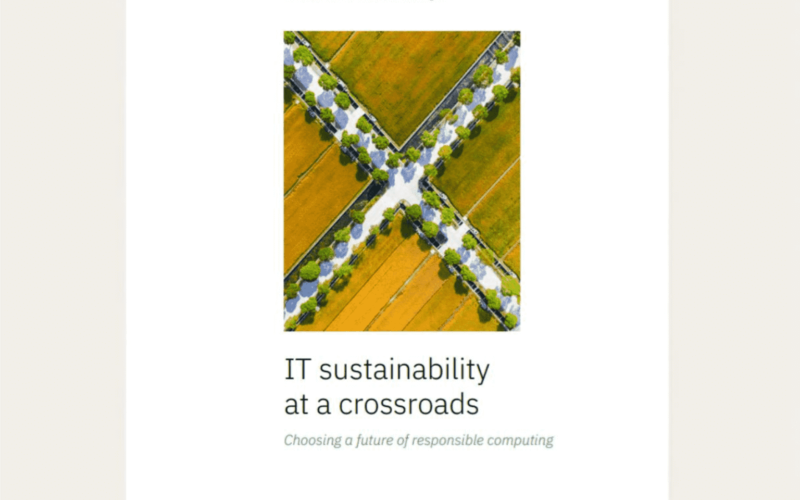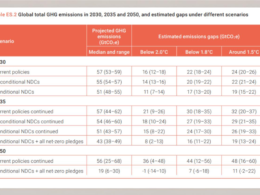As organisations seek to balance productivity, innovation, and environmental responsibility, the urgency for sustainable IT practices is growing. A new global study by the IBM Institute for Business Value highlights the role of emerging technologies, especially generative AI, in advancing sustainable IT efforts. However, successfully transforming IT systems requires a strategic, enterprise-wide approach to sustainability.
Generative AI offers new ways to make IT operations more sustainable. It enables teams to quickly convert code into energy-efficient languages, develop eco-friendly algorithms, and optimise energy use by analysing code performance.
Currently, 27% of organisations surveyed for the report are applying generative AI to their sustainability efforts, with 63% planning to do so by the end of 2024. By 2027, 89% expect to be using this technology to reduce their IT environmental impact.
Despite growing interest in generative AI for sustainability, leaders must address its energy consumption. While 64% of respondents use AI and large language models, only one-third report significant progress in managing its environmental effects.
The report highlights that to create lasting change, sustainability must be integrated throughout the organisation, from data centres to supply chains. Leading companies that take this enterprise-wide approach report significant gains in operational efficiency, with 98% seeing benefits compared to just 50% of those who don’t. They also experience greater reductions in energy use, costs, and carbon footprint.
Many organisations are leveraging a hybrid cloud and automation technologies to minimise their environmental impact while improving business performance. A hybrid cloud platform offers visibility into data and applications across multiple clouds, helping leaders reduce energy consumption by optimising workload placement.
Already, 25% of surveyed organisations are using hybrid cloud solutions to enhance sustainability, with 46% reporting significant positive impacts. Automation also plays a critical role, with 83% of leading organisations using it to dynamically adjust IT environments based on demand.
As innovation continues, sustainability remains a top priority. Business leaders must embrace responsible decision-making, especially with emerging technologies like generative AI.
The report says that to better align IT with sustainability organisations should manage AI energy consumption by optimising AI models for speed and efficiency to minimise environmental impact while maximising value; identify environmental drivers by understanding how various elements of IT operations affect the environment and adjust accordingly; and adopt sustainable-by-design principles and incorporate sustainability into every IT project from the start, using hybrid cloud platforms for centralised control and visibility across your IT infrastructure.




















